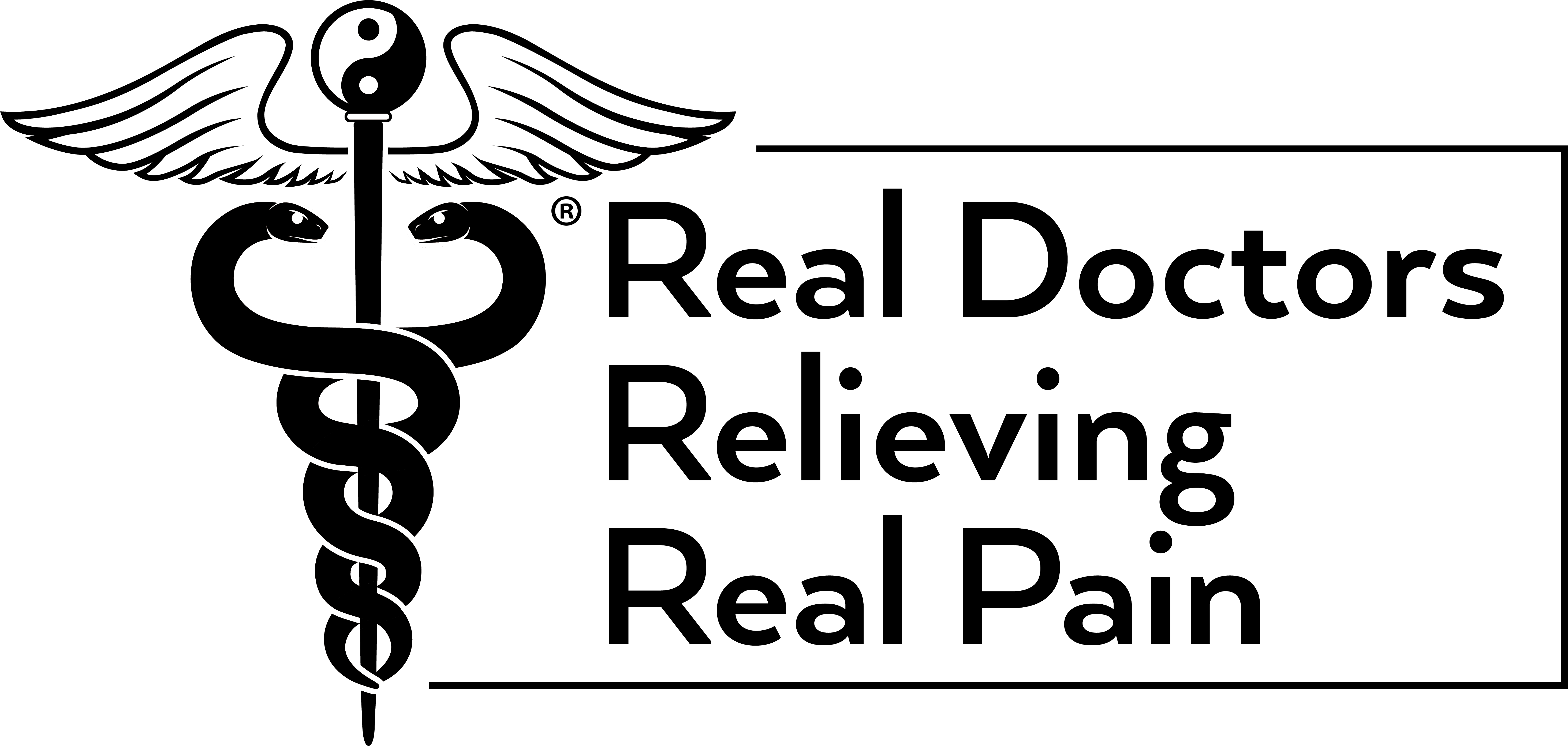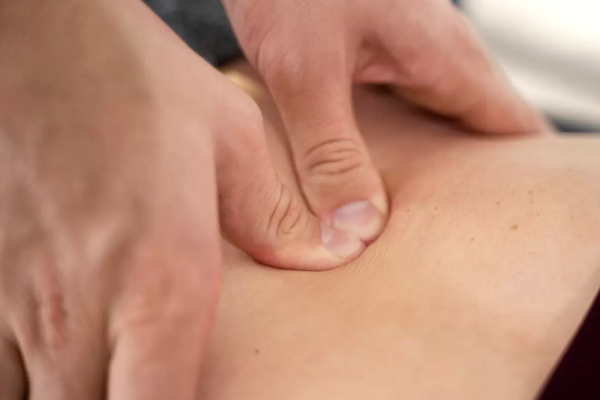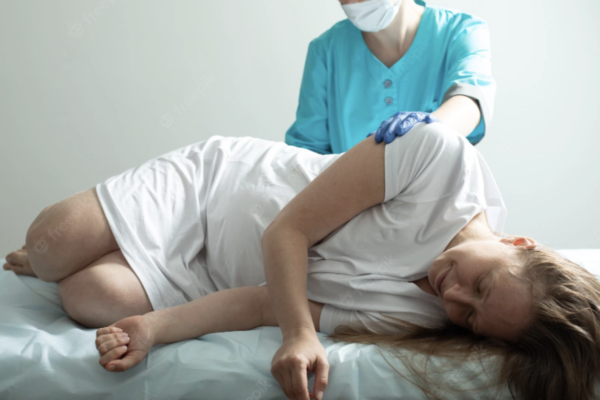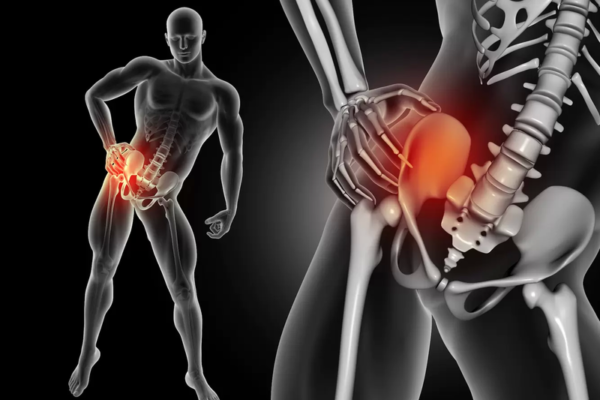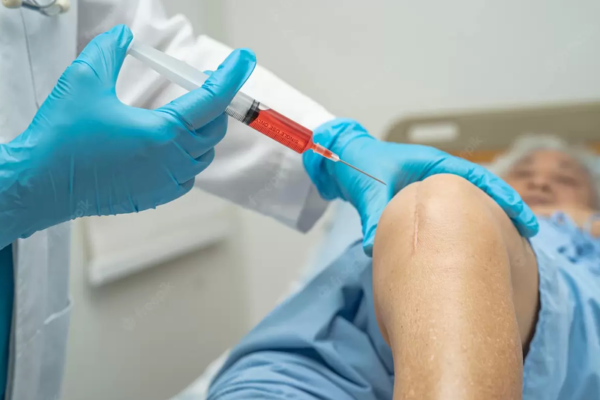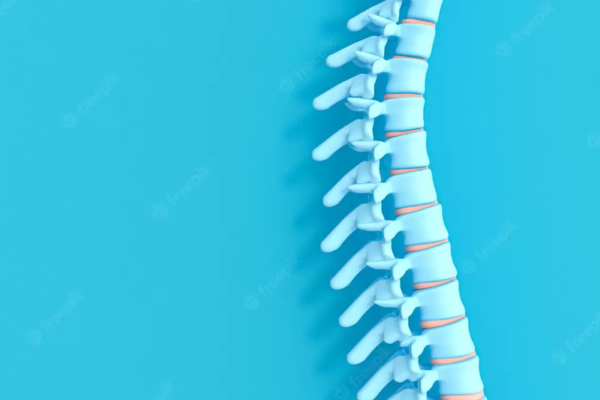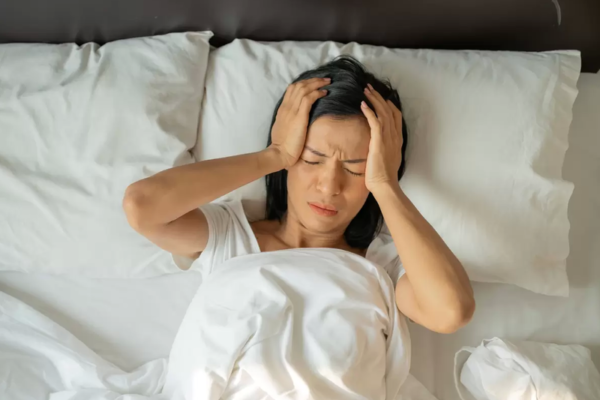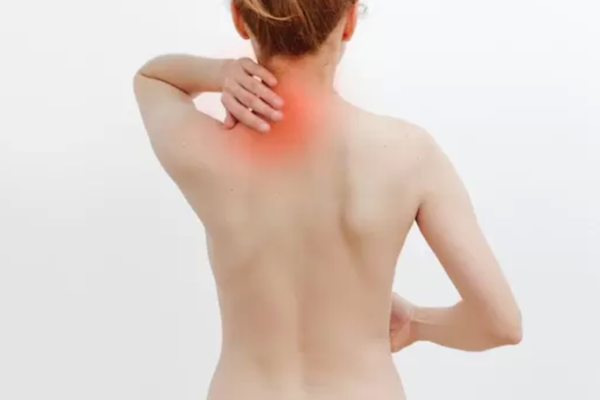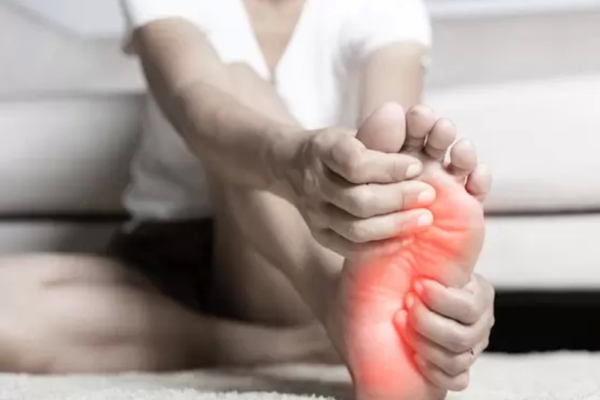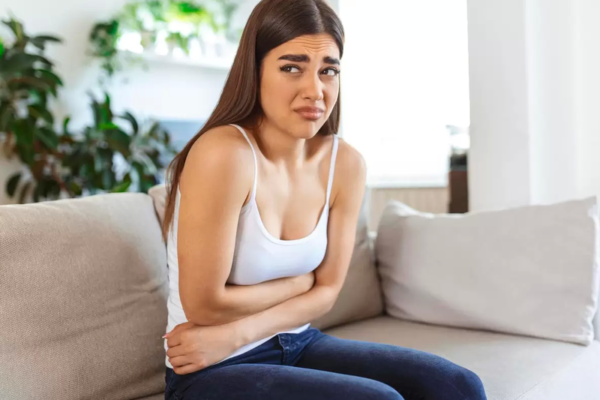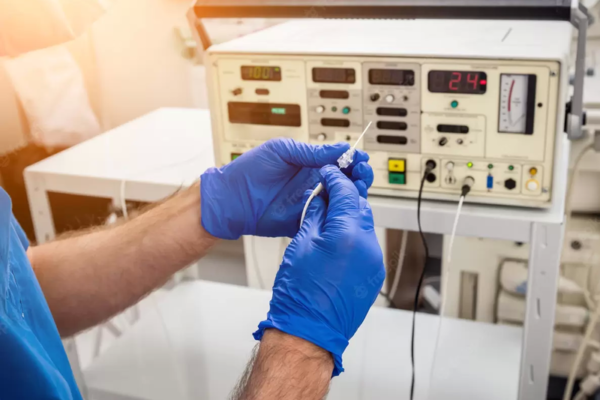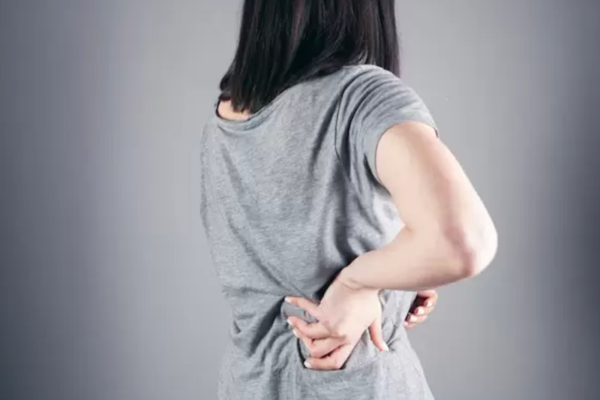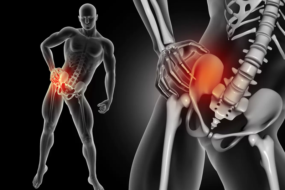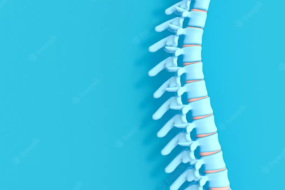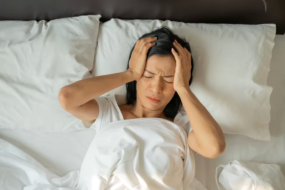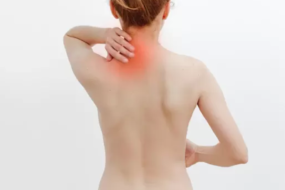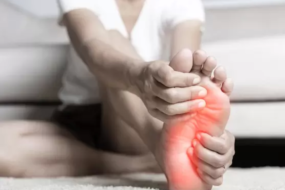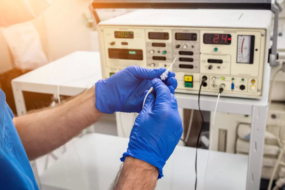Pelvic pain is often due to diseases and other conditions affecting your internal organs, but can also develop because of problems in your musculoskeletal system. If you have pelvic pain that’s becoming a chronic issue, Dr. Andrews, MD, of No Pain, can help. Dr. Andrews is a board-certified expert in chronic pain, including conditions that cause chronic pelvic pain. Call today to schedule a consultation or book an appointment online.
Pelvic Pain
Pelvic Pain Q & A
What is pelvic pain?
Pelvic pain affects any part of your lower abdomen and pelvis, which is roughly the area between your belly button and your genitals. Both men and women experience pelvic pain, but women have additional causes of pelvic pain related to their reproductive system.
Some of the more common causes of pelvic pain in women and men include:
- Referred low back pain
- Appendicitis
- Urinary tract infections (UTIs)
- Broken pelvis
- Hernias
- Pelvis disorder
- Nerve problems
- STDs
- Kidney infections or stones
- Conditions affecting the lower intestines
- Damage to the internal muscles lining the pelvic bone
Pelvic pain in women is also due to conditions of the reproductive organs, such as painful menstruation, pelvic inflammatory disease (PID), ovarian cysts, fibroids, endometriosis, or ectopic pregnancy.
As there are so many causes of pelvic pain, many of them related to your internal organs, it’s vital to get an accurate diagnosis.
How is pelvic pain diagnosed?
Diagnosis of pelvic pain typically requires a combination of tests and exams, including:
- Physical exam
- X-rays
- Ultrasound
- CT scan
- MRI scan
- Blood and urine tests
- Laparoscopy (looking inside your pelvis with a tiny camera)
- Hysteroscopy (looking inside your uterus with a tiny camera)
Some causes of pelvic pain might need urgent treatment or even emergency care, particularly if you feel sick and have other symptoms, like a fever.
What treatments are available for pelvic pain?
The treatment you need for pelvic pain depends on the cause. Dr. Andrews specializes in treating musculoskeletal and chronic pelvic pain disorders, including referred low back pain, muscular pain, and physical pain that has a psychological cause (psychogenic pain).
Treatment plans for patients with chronic pelvic pain include:
- Anti-inflammatory painkillers
- Prescription pain relief
- Tricyclic antidepressants
- Physical therapy
- Stretching exercises
- Massage
- Relaxation techniques
- Transcutaneous electrical nerve stimulation (TENS)
- Biofeedback
- Trigger-point injections
- Psychotherapy
- Neurostimulation
For optimal results, your chronic pelvic pain condition may need a combination of these therapies. Dr. Andrews works with each patient to find the most effective treatments according to your individual needs, taking into account every potential influence on your pelvic pain to provide a tailored management plan.
Find out more about pelvic pain and effective treatment options by calling No Pain today or booking an appointment online.
WHAT WE OFFER
Chronic Pain Conditions and Treatments
-
-
-
-
-
-
-
-
-
-
-
-
-
Migraine
Coming Soon. Learn More.
Did you know that?
Donec sed odio dui. Nulla vitae elit libero, a pharetra augue. Nullam id dolor id nibh ultricies vehicula ut id elit. Integer posuere erat a ante venenatis dapibus posuere velit aliquet.
-
-
-
-
-
-
-
-
-
-
-
